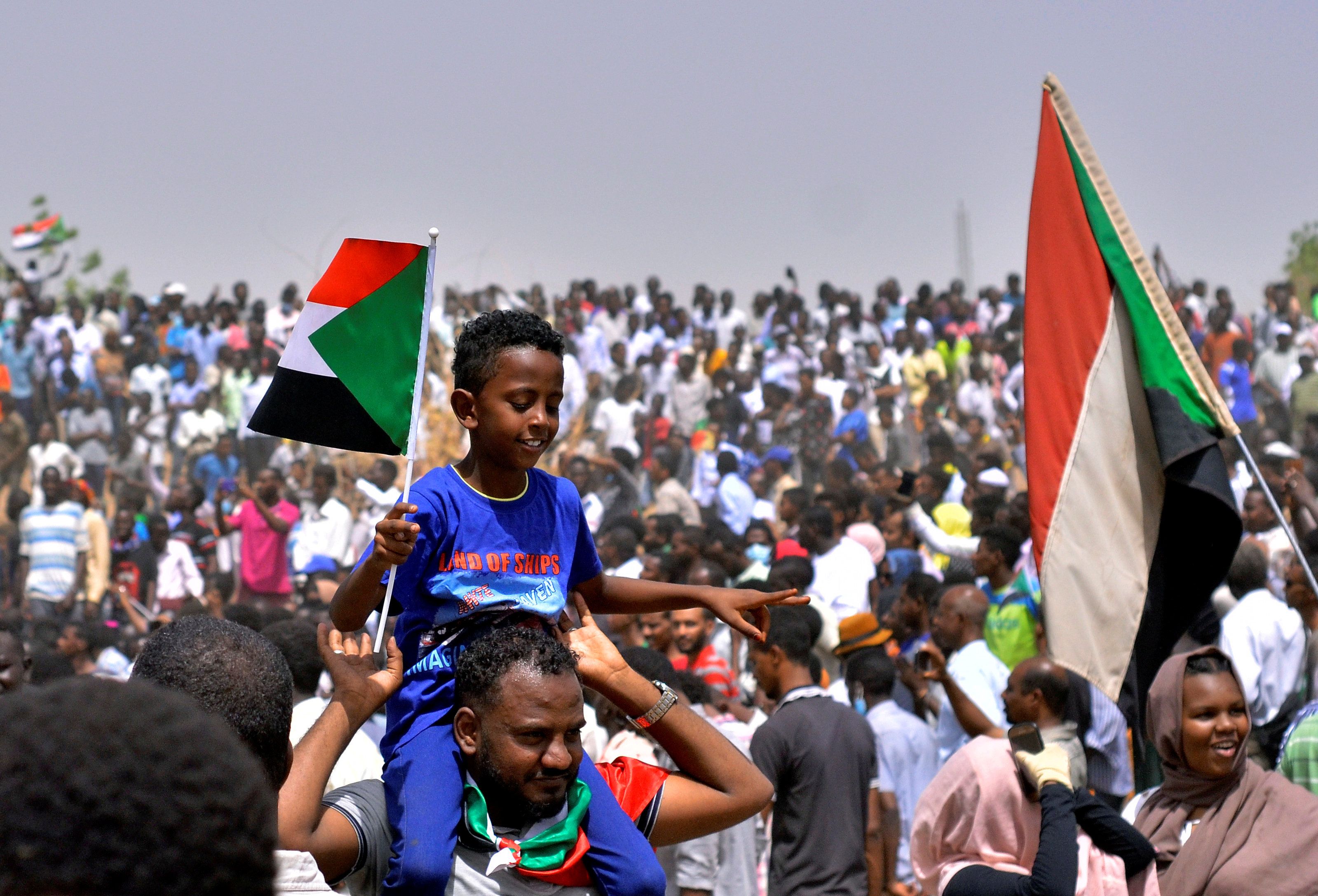Thirty years in power ended after just three months of protests yesterday for Sudanese strongman Omar Bashir.
The army – faced with growing demonstrations and an image of defiance that suddenly went viral around the world – arrested Bashir and imposed a state of emergency. Defense Minister Awad Ibn Ouf has said elections will be held in two years.
Bashir's ouster comes just a week after the nearly incapacitated president of Algeria, Abdelaziz Bouteflika, resigned under pressure from his own generals, following several weeks of mass protests. In his case, it ended a 20-year run in power.
Autocrats lose, but will democracy win? Both men were ousted after street demonstrations reached a point that the military chose to side with the protesters rather than gun them down.
But the generals now control what happens next in both countries, and there is no guarantee that they'll be willing to relinquish control to genuinely accountable civilian governments.
If they don't, it could spell trouble. While economic issues are what initially put millions of young Algerians and Sudanese on the streets over the past few months, their demands have since expanded to include political change and transparency. Popular discontent could persist in both countries if those demands aren't fulfilled.
Then again, the generals may look to Egypt, where the army skillfully used popular demands for change to oust a long-standing dictator, as well as the democratically elected leader who came to power after him. Eight years after the Arab Spring, the country is now under the control of a deeply authoritarian regime.
The upshot: It's one thing for the men with guns to side with the streets against suddenly vulnerable leaders – but would they be willing to side with protesters against… themselves?
